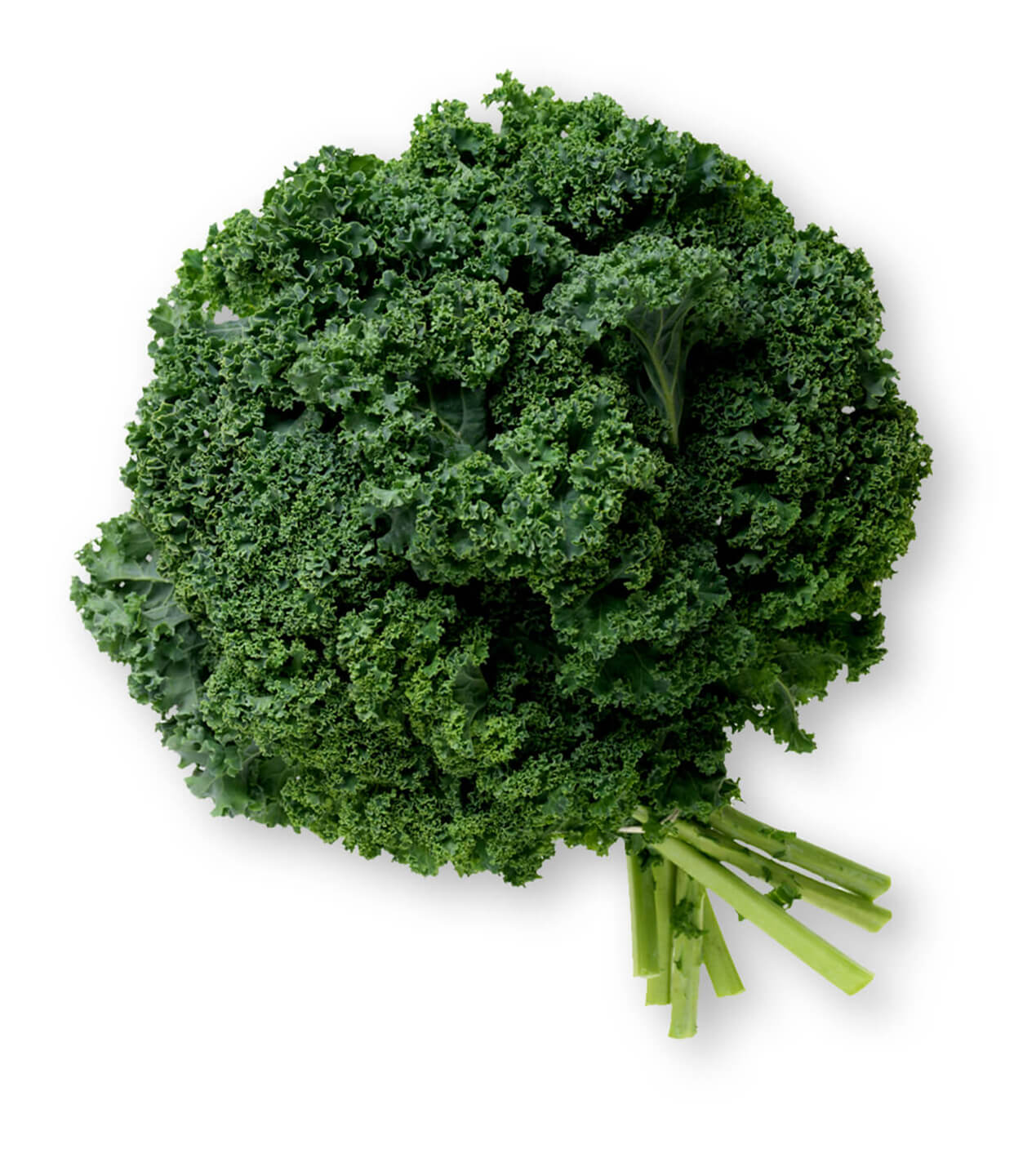Aim for Variety
Salads can be made with a variety of ingredients, in addition to lettuce, that might entice those who ‘don’t like’ vegetables to dig in. Adding fruit or nuts to salad greens gives them more flavor, sweetness and texture. And although the addition of salad dressing, cheeses, eggs or meat to salads can add calories and fat, these foods also have nutritional benefits and if the end result is increased consumption of vitamins and antioxidants available in lettuces, a big salad can be a big win! Below are results from just a few of the many studies on lettuce nutrition that show the potential health benefits of eating leafy lettuces and vegetables with links to the peer-reviewed, published studies.

















